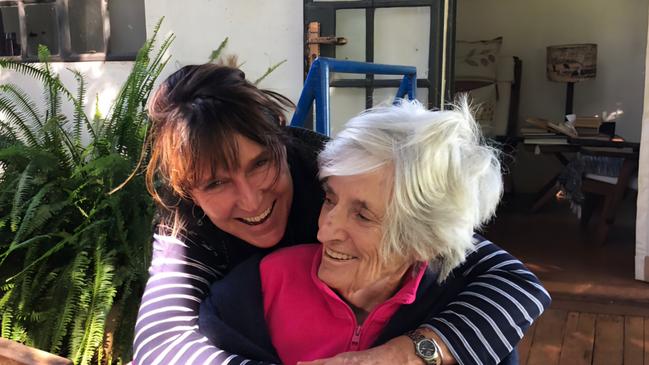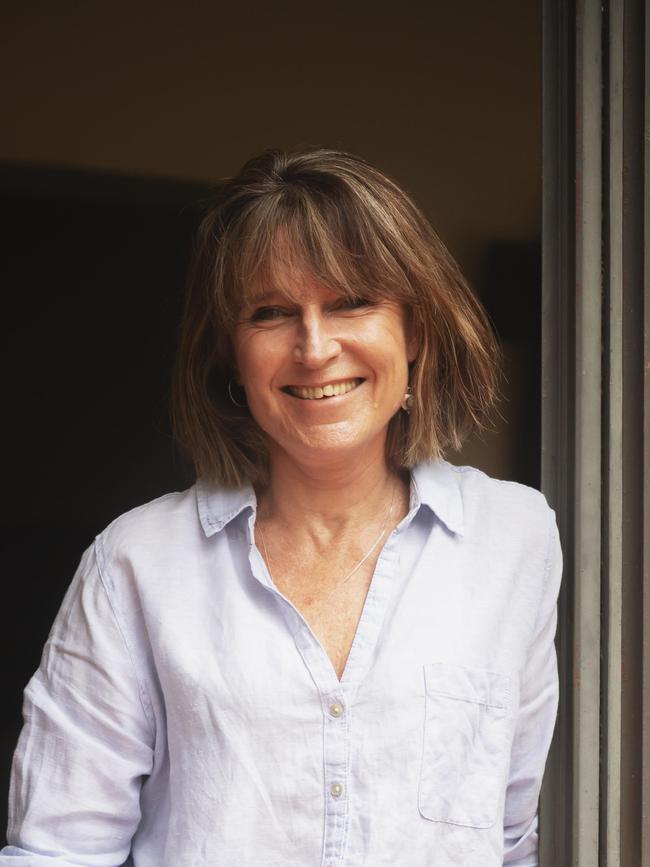‘I felt like an imposter wishing my mum a happy Mother’s Day’
What’s it like to celebrate Mother’s Day with a mum who no longer recognises you?
The day my mother forgot me was just like the day before and the day before that. I wondered afterwards: why that day, why then?
At lunchtime she knew who I was – by nightfall, I’d gone.
“Tell me,” she asked, as we sat down over an evening beer, “When did we first meet?”
It was that sudden.
A long time later I would understand better the abruptness of her forgetting me; dementia is not a slow slope down, a gentle gradient into oblivion. It presents as jarring, uneven, unanticipated steps.
I also would learn that forgetting your children – although not universal – is common in dementia.
Face perception plays a crucial role in human communication, so when your mother forgets you it becomes imperative to understand why. It was in understanding why that I could connect with her on some level, anchor myself somewhere, feel the pain less personally. (For if your mother does not know you, who are you?)

There are lots of reasons that a parent with dementia forgets family members. The atrophying of parts of the brain means difficulty with memory retrieval, disrupted neural pathways, loss of logic (my mother accepted my daughter was her granddaughter but hotly rejected our relationship).
Some experts speak of time shifting in dementia. Sufferers cannot compute the fact of an older face. My mother knew she had a daughter called Anthea. She also knew I was not her: “You are far too old to be my daughter, you must be at least 50. I am not nearly old enough to have a daughter your age,” she insisted, at 80.
Yet flicking through old photograph albums, she recognised the little girl who held her hand, freckle-faced, gap-toothed smile, blonde hair: “That’s my daughter, Anthea.”

One study found Alzheimer’s patients presented with an upside-down photo of a face could recognise it as easily as somebody without Alzheimer’s. But right way up, they couldn’t.
The researchers concluded the reason for this was that to recognise an upside-down face, the brain must analyse elements of the face separately – eyes, nose, smile – and then put them together, parts as the sum of a whole. Alzheimer’s patients can do that.
What they can’t do is recognise a face right way up as a whole because they have lost what’s dubbed “holistic perception”.
Usually losing the ability to recognise close family is lost late in dementia. My mother forgot who I was four years before she died – four years of Mother’s Days when I felt like an imposter. To give her a card or gift her a present would have been awkward or caused distress.
If I ever I tried to insist my way into our kinship, it angered her: “I’m not stupid; I’d know my own daughter!”
For a bit I used to cannily erect a sort of scaffolding around family members during conversations and ground myself within it – usually over photographs.
“There’s you, with your parents, my grandparents, and there’s me, your eldest, when I was little, holding your hand.”
The little girl she knew. But she was unable to make the connection with the 50-year-old beside her.

One day I showed her a photograph of my grandmother, her and me, with my newly born son in my arms. I remembered the day it was taken: four generations a tidy 25 years each apart.
My mother’s face lit up: “There’s my mum!”
“And who is she,” I asked, pointing at myself.
“No idea,” said Mum, sounding bored, lifting the corner of the album’s page to turn it.
They say in dementia, “first in, last out”: my mother’s parents sustained to the end. So, too, did the memory of their deaths two decades earlier. Except – given that slippery shifting of time – Mum perceived her loss as recent.
“My parents died last year,” she’d lament.
I learned to stop arguing the facts of this, too.
“I’m so sorry,” I said instead, “That’s very sad.”
“Are your parent alive,” she inquired.
“My father died years ago,” I told her (again). My father, her husband.
“Then you will know how I feel. And your mother, is she alive?”
She is, I said.
Occasionally my mother grew agitated about her future, “Where will I live when I get old? Who will take care of me?”
I will, I said, “You can live here forever and ever, does that help?”
She looked as if she might weep with relief, “Oh yes – that makes me feel much better, thank you.” And then she added, with a smile, “I shall so look forward to getting to know you better.”
Mum died almost two years ago. In the beginning I found my memories of her were sketchy – as if they’d been eroded by dementia too, just as her of me were.
But with time (the great healer), I am surprised to find I can reach back to remember her as she was before Alzheimer’s made off with her history. She is the woman who taught me to read, then taught me to love reading, the woman who urged me – as a shy teen – to ask questions as a way to break the ice. These gifts conspired to help me understand her in dementia.
Perhaps that was my gift to her in those last Mother’s Days.
Anthea Rowan is author of A Silent Tsunami: Swimming Against the Tide of My Mother’s Dementia, published by HarperCollins.




To join the conversation, please log in. Don't have an account? Register
Join the conversation, you are commenting as Logout